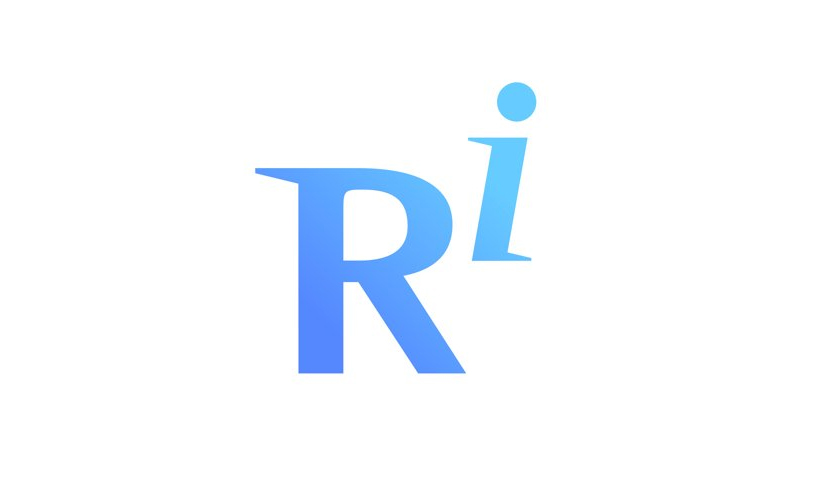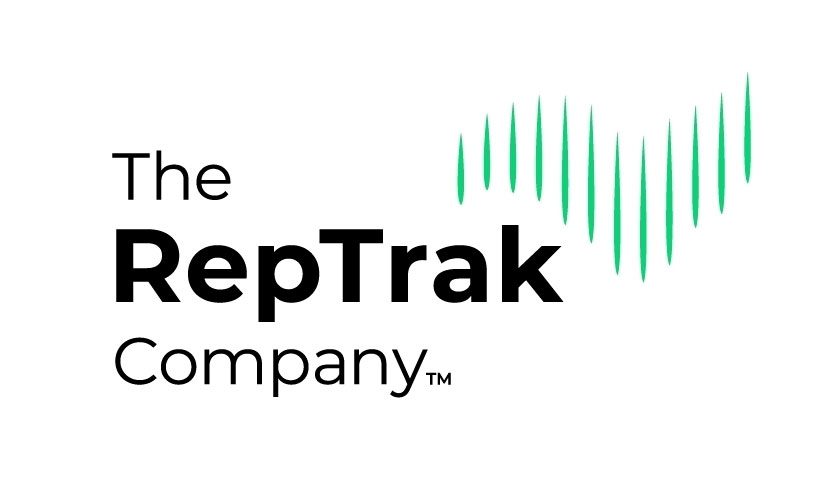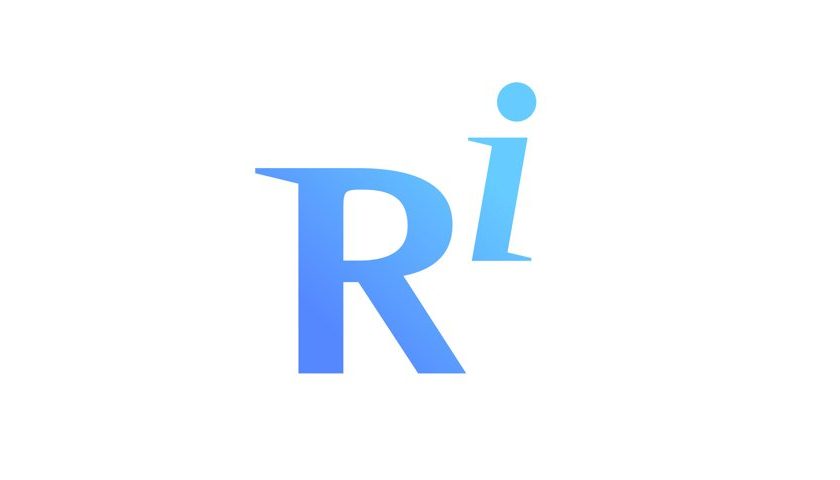Reputation Institute (RI), the world’s leading provider of reputation intelligence, today announced the 2018 US Technology RepTrak® rankings. NVIDIA attained the top position with the best reputation overall and is the only company with an excellent score. Samsung closely followed with its strong reputation driven by transparent communications and popular support for its products and services; Garmin came in the third spot.
The top 10 most reputable technology companies in the US for 2018 are:
- NVIDIA [NASDAQ: NVDA]
- Samsung [OTCMKTS: SSNLF]
- Garmin [NASDAQ: GRMN]
- Hewlett Packard Enterprise [NYSE: HPE]
- Intel [NASDAQ: INTC]
- Google [NASDAQ: GOOGL]
- Texas Instruments [NASDAQ: TXN]
- Adobe [NASDAQ: ADBE]
- Salesforce.com [NYSE: CRM]
- Hewlett-Packard [NYSE: HPQ]
The largest corporate reputation study of its kind, the US Technology RepTrak research is based on a survey that captured more 23,000 individual ratings from among the informed General Public in the US and is based on an assessment of over 60 nominated companies. Organizations in the study focus on the development and production of technology as well as services that incorporate technology, including pure technology companies, information platforms, and telecommunications firms. The survey quantifies the emotional bond stakeholders have with leading companies, and how these connections drive supportive behaviors such as intent to purchase, trust, work for, or invest in the company.
While the top companies successfully managing their reputations receive the benefits of broad stakeholder support, 2018 has been a very challenging year for many technology businesses, including issues of data breaches, election meddling, fake news, political polarization, Congressional hearings, and stock price declines in the sector. As a result, technology companies are generally less likely to be trusted now with only 30.9% of respondents willing to offer the benefit of the doubt. Only 32.6% of respondents believe tech firms welcome open discussions about business activities, and only 21.5% believe the businesses provide sufficient information about their activities.
Some of the organizations facing challenges in the tech sector include Apple and Facebook. In the 2018 results, Apple’s reputation dropped 11.4 points driven by its decline in the categories of Leadership (-9.6 points) and Governance (-16.0 points) based on controversies about tax sheltering and battery tampering. Facebook’s reputation dropped 5.8 points due to security breaches and Congressional hearings.
“In order to regain stakeholder support, technology companies need to practice corporate responsibility in products and services,” said Brad Hecht, Executive Vice President and Market Leader of Americas at Reputation Institute. “High-quality products, fair and ethical behavior, and a positive influence on society are key drivers for technology companies in the US. It is critical for tech companies to be responsible as enterprises and through their products, while also being ahead of the curve in the market.”
Study results indicate that leveraging leadership can be a successful strategy for reputation management and improving stakeholder support. Companies that can clearly demonstrate that their CEOs have a positive impact on society, and companies with a heritage of iconic leaders, should put their leaders in the forefront. CEO reputation accounts for 16% of corporate reputation in the US – one of the highest globally – exceeding the 14% demonstrated in global studies.
“There is a significant opportunity for many firms to earn back trust through communication,” said Ana Angelosvka, Research Director at Reputation Institute. “With over 50% of the public on the fence when it comes to trusting them, technology companies must communicate through genuine and open dialogue to establish trust among stakeholders.”
For more information, view the 2018 Global Millennial RepTrak webinar and download the report and full rankings: https://www.reputationinstitute-us-technology-reptrak


